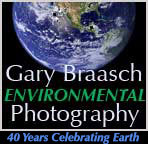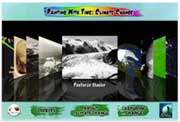Pope Francis issues powerful Encyclical on climate and the environment
"The earth, our home, is beginning to look more and more like an immense pile of filth,” warns Pope Francis. “Bring the whole human family together,” he urges, “redefine our notion of progress, move forward in a bold cultural revolution."

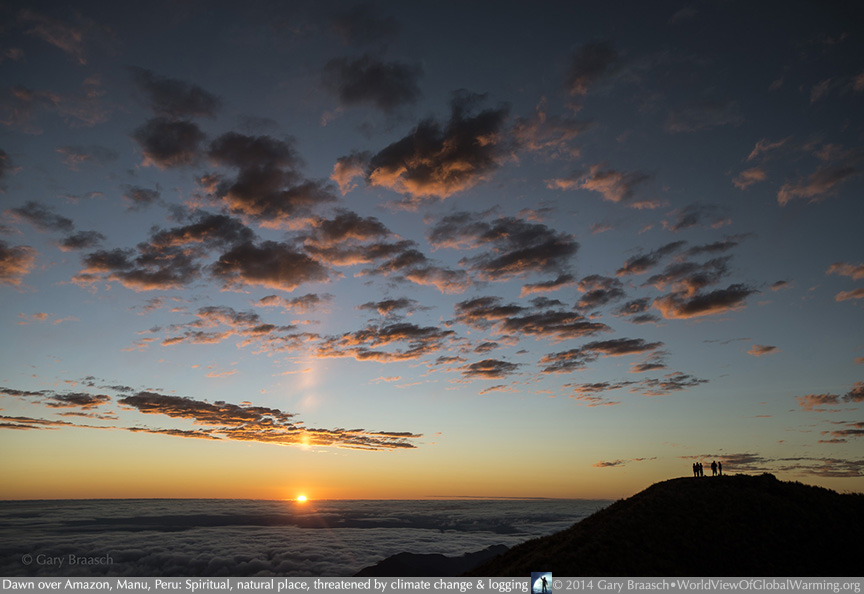
With words that read in many places as a textbook of ecology and economics, using phrases that often ring with spiritual power, Pope Francis calls on all people to cease despoiling the Earth, stop human-made climate change, care much more for poor and indigenous cultures, and begin “redefining our notion of progress.”
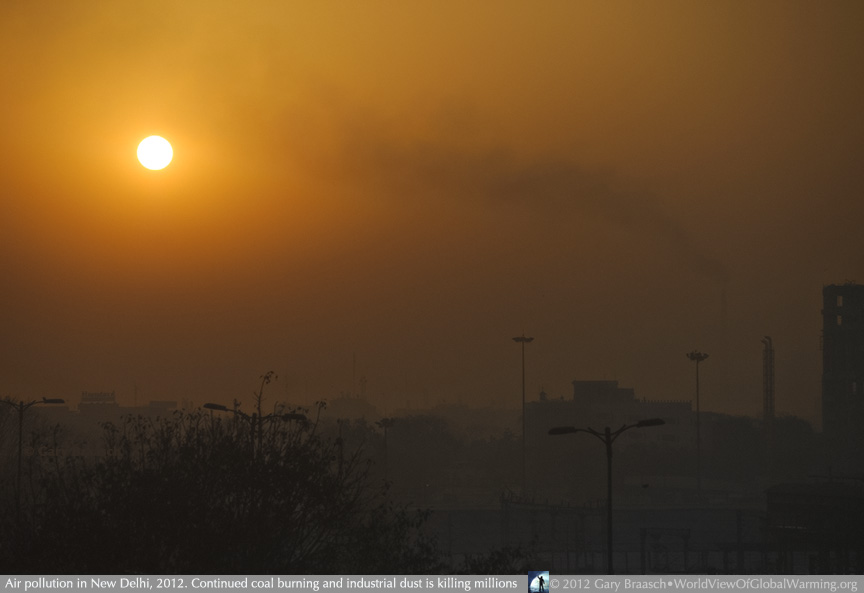
In detailed exposition as well as direct statements in an Encyclical issued June 18, the Pope urges us to change our ways now:
• "We may well be leaving to coming generations debris, desolation and filth. The pace of consumption, waste and environmental change has so stretched the planet’s capacity that our contemporary lifestyle, unsustainable as it is, can only precipitate catastrophes, such as those which even now periodically occur in different areas of the world. The effects of the present imbalance can only be reduced by our decisive action, here and now."
• "It is not enough to balance, in the medium term, the protection of nature with financial gain, or the preservation of the environment with progress. Halfway measures simply delay the inevitable disaster. Put simply, it is a matter of redefining our notion of progress.”
• “God gave the earth to the whole human race for the sustenance of all its members, without excluding or favouring anyone….This calls into serious question the unjust habits of a part of humanity."
• "What is needed is a politics which is far-sighted and capable of a new, integral and interdisciplinary approach to handling the different aspects of the crisis.".
• "Those who will have to suffer the consequences of what we are trying to hide will not forget this failure of conscience and responsibility.”

Far more than what some thought would be only a direct statement about fighting climate change, the 182-page Encyclical Letter ranges across ecology, economics, science, sociology, history, urbanization, technology, world politics, ethics and theology and, of course, the beliefs of Catholicism. The Pope warns of damage not only to the climate systems, but also to ecosystems, water, and human social networks. He urges not only deeper personal responsibility but also “one world with a common plan,” writing that "a global consensus is essential for confronting the deeper problems, which cannot be resolved by unilateral actions on the part of individual countries.”
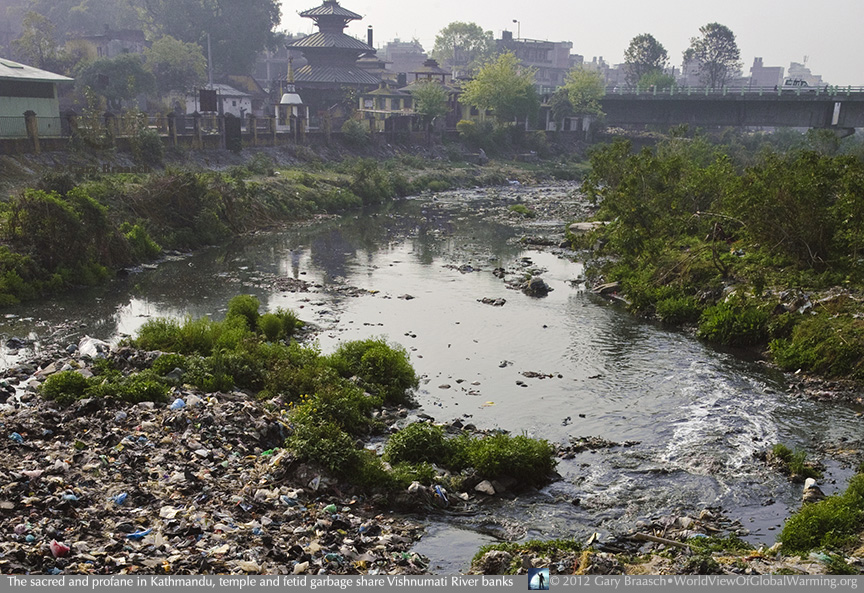
In the Encyclical, entitled “Praise Be … On Care for Our Common Home," Francies criticizes "wasteful and consumerist” industrial development, and quotes from the Rio Declaration of 1992 that the protection of the environment is “an integral part of the development process and cannot be considered in isolation from it.” "We urgently need a humanism capable of bringing together the different fields of knowledge, including economics,” he writes, "in the service of a more integral and integrating vision.”
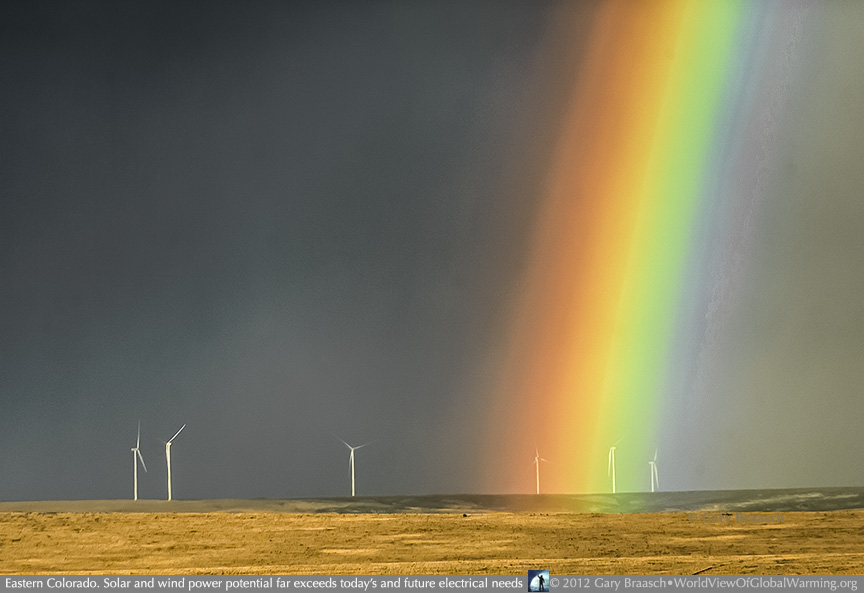
This papal letter sent to all bishops of the Roman Catholic Church but expected to be widely read and influential because of its subject, comes during a year of increased expectation of international action to limit global warming emissions. Frances details the science and technologies involved in understanding, causing and reducing climate change: "The climate is a common good, belonging to all and meant for all,” is one of his first statements. "We know that technology based on the use of highly polluting fossil fuels – especially coal, but also oil and, to a lesser degree, gas – needs to be progressively replaced without delay,” he writes. “The emission of carbon dioxide and other highly polluting gases can be drastically reduced, for example, substituting for fossil fuels and developing sources of renewable energy. Worldwide there is minimal access to clean and renewable energy.”
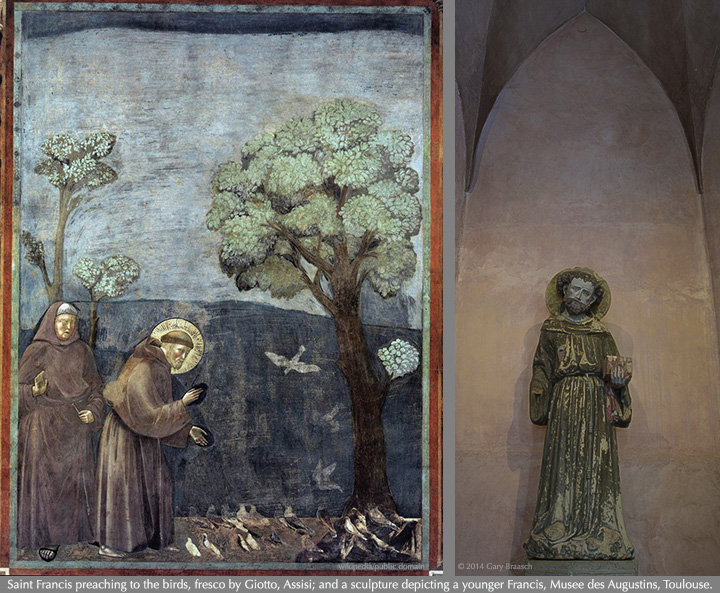
Pope Francis, the former Cardinal Jorge Mario Bergoglio of Argentina, chose his papal name in honor of Saint Francis of Assisi, and is the first Pope named after the saint. In his early life the Pope was a chemical technician, running tests in a food laboratory. Before becoming a Jesuit priest in 1960, he also worked as a bouncer and janitor. "I believe that Saint Francis is the example par excellence of care for the vulnerable and of an integral ecology lived out joyfully and authentically,” writes Francis. "He is the patron saint of all who study and work in the area of ecology, and he is also much loved by non-Christians. He was particularly concerned for God’s creation and for the poor and outcast…”
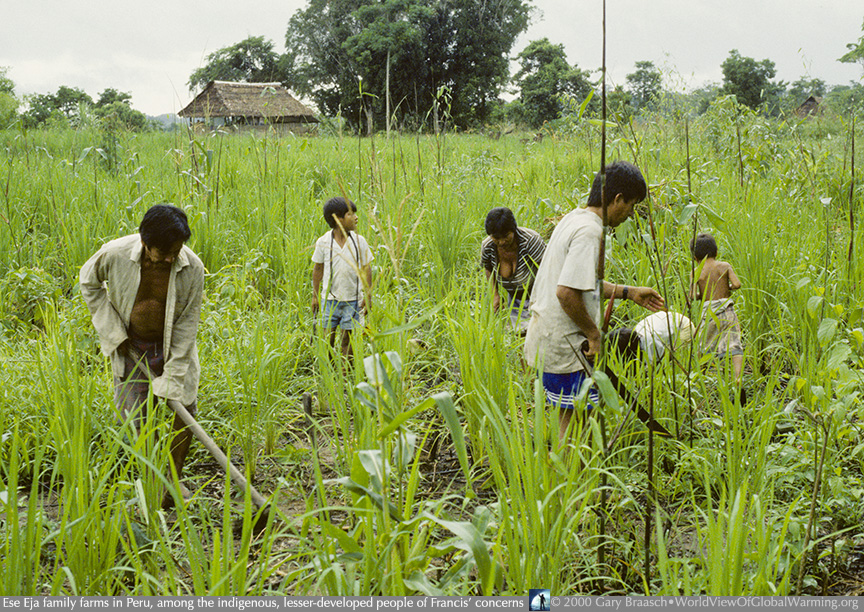
The Pope’s call for environmental, economic and social action will be heralded by many world leaders and used as encouragement to action for governments, including in the United States where some conservative leaders who oppose climate change action and defend freer business economics are Roman Catholics. Also likely to be controversial is Francis’s sidestepping of population limitation as a cause of some environmental problems: "To blame population growth instead of extreme and selective consumerism on the part of some, is one way of refusing to face the issues. It is an attempt to legitimize the present model of distribution, where a minority believes that it has the right to consume in a way which can never be universalized, since the planet could not even contain the waste products of such consumption.”
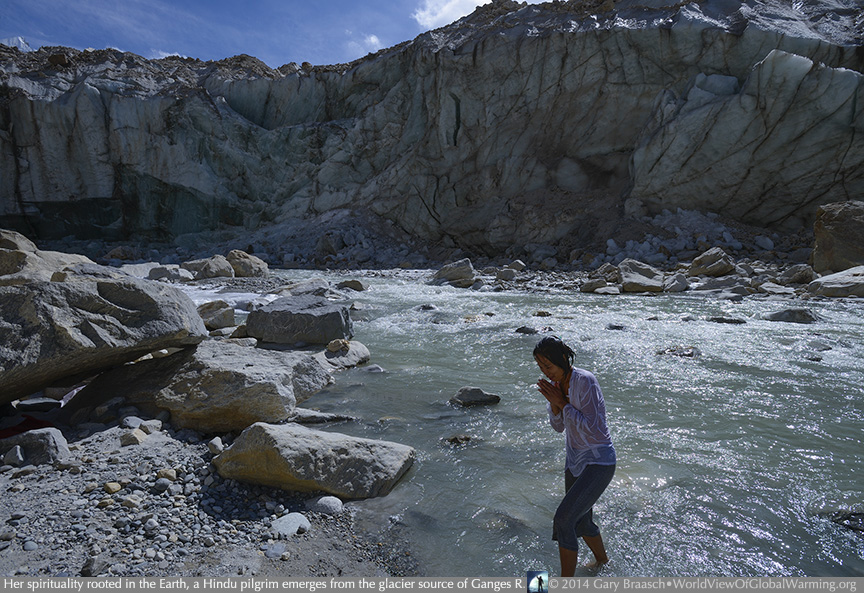
Rich information and interpretation of the Encyclical may be found at the Yale Forum on Religion and Ecology. Additional coverage and analysis is in the NY Times, here and here.
15 years of World View of Global Warming, documenting climate change 1999-2015
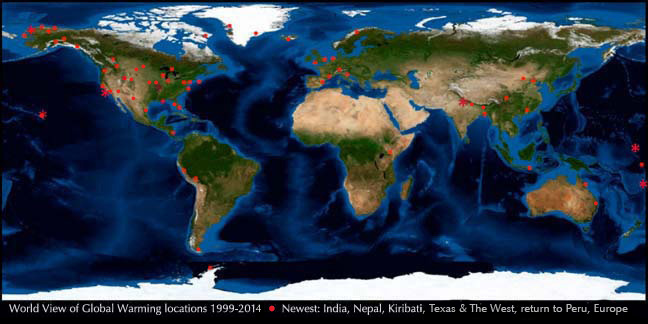
This project would be impossible without scientists and observers around the world who have provided hundreds of scientific contacts and papers. See Background, Advisors, and Reference for documentation, funders and major advisors, without whom I could not complete the work.
World View of Global Warming is a project of the Blue Earth Alliance, Seattle Washington, a 501(c)3 tax-exempt organization. The project is supported entirely by donations, grants, and license fees for the photographs. Please see information about how to contribute.
For other information about Gary Braasch's climate change projects and books, please see the books Earth Under Fire and How We Know What We Know About Our Changing Climate, and the exhibit "Climate Change in Our World" at the Books and Exhibits link on the top menu of this page.
COPYRIGHT NOTICE:
Photography and text Copyright © 2005 - 2017 (and before) Gary Braasch All rights reserved. Use of photographs in any manner without permission is prohibited by US copyright law. Photography is available for license to publications and other uses. Please contact requestinformation@worldviewofglobalwarming.org. View more of Gary Braasch's photography here.

